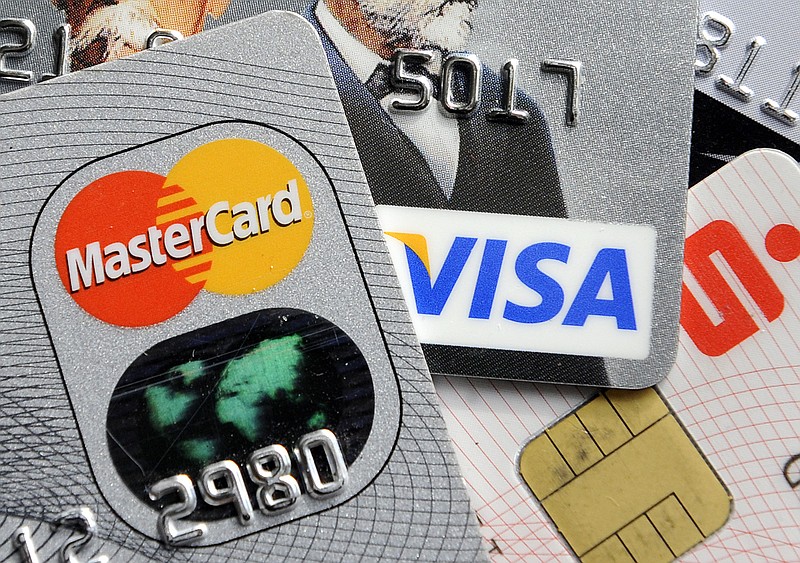Q. The holiday shopping season is upon us. What advice may BBB provide on using credit and debit cards for payment?
A. BBB strongly advises consumers to know your rights and responsibilities when it comes to credit cards and debit cards. First is protection of cards and how to dispute unauthorized charges.
According to the National Retail Federation's annual consumer spending survey conducted by Prosper Insights & Analytics, consumers plan to spend an average of $935.58 during the 2016 holiday shopping season.
Consumers are urged to budget their planned spending and it is crucial to always protect against fraud to protect their finances and credit. Never give out your card number to any unsolicited call or email. If the caller claims to be your bank, simply hang up the phone and call the bank number on the back of the card to verify information.
Always examine credit card statements before paying bills. If you notice an error or unauthorized charge, the credit card company should be contacted immediately. If there is a problem, consumers are protected by the Fair Credit Billing Act, a U.S. law that helps consumers resolve credit card disputes. It applies to all online, mail, phone and retail transactions.
The following disputes are covered by the Fair Credit Billing Act:
- Charges not made by an authorized user of the account.
- Incorrect charges (amount of charge or date shown) on a bill.
- Charges for goods that the consumer did not accept or were not delivered as agreed.
- Account statements containing billing or computation errors.
- Account statements that fail to reflect payments or other credits.
- Charges for which consumers request an explanation or written proof of purchase.
In a dispute, a written notice must be sent to the credit card company within 60 days of the first appearance of the charge on the bill. The letter to the creditor should include name, account number, statement of why the bill is incorrect and dollar amount involved, and documents supporting your claim (i.e. copies of the order printout, bill, sales receipt).
Consumers need not pay the disputed amount or any relevant finance charged while the bill is under dispute, but should pay all other charges not related to that amount. During the dispute period, the creditor cannot report the account to the credit agency or take any action.
If the customer does not win the dispute, that amount must be paid as well as finance charges accumulated during the investigation period.
BBB offers more tips to help protect your credit cards:
- Start with trust. Always check out companies, particularly online shopping, with bbb.org before doing business.
- Immediately, report lost or stolen cards. Telephone the card issuer as soon as you realize your card has been lost or stolen. Once you report the loss or theft, the law says you have no additional responsibility for charges you didn't make; however, your liability for each card lost or stolen is $50.
- Write down important numbers. Make copies of the front and back of each credit card and store in a safe place in your home. Write down the customer service contact number (and even store it in your phone) to report lost or stolen cards.
- Request a new card if you notice unauthorized charges. Fraudulent charges mean your card information has been compromised. Be on the safe side and request a new card. Remember to check statements regularly and carefully.
- Use a credit card instead of a debit card for online purchases. Credit cards are better protected and will assist in the event of disputes, fraud or theft.
- Activate text updates. Contact the card company to be notified by text when charges are posted to the credit card account. Monitor balances over the phone by calling the number on the back of the card.
Visit bbb.org to view consumer and business tips regarding credit cards.
Jim Winsett is president of the Better Business Bureau in Chattanooga.

